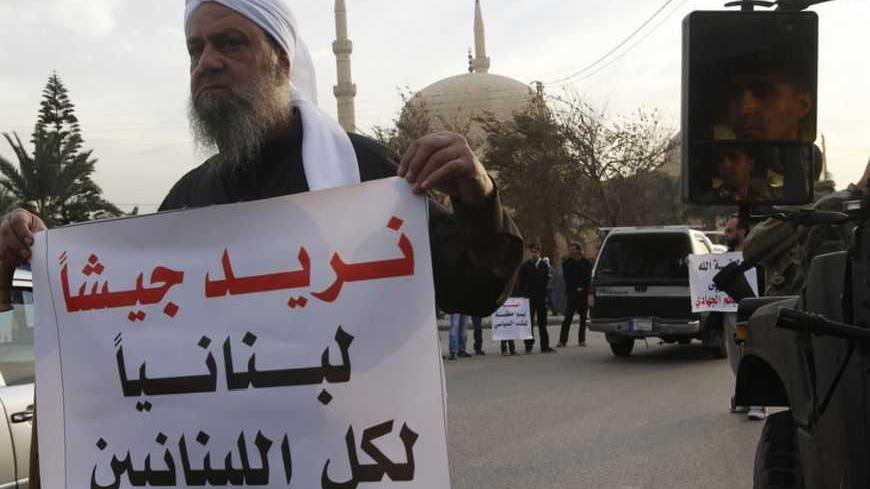It is with a measure of nonchalance that the Lebanese have trusted Western declarations in favor of stability in Lebanon. After the Oct. 17, 2012, assassination of Maj. Gen. Wissam al-Hassan and the events that followed, the ambassadors of five United Nations Security Council countries rushed — one might recall — to the Baabda palace to affirm the commitment of their countries to maintaining the current government to ensure stability.
Arming themselves with this unusual approach, the Lebanese believed they could let anything go, opening their country to foul winds without endangering their stability. This discourse, which sought to incite sectarian discord and hatred, multiplied (because of the electoral campaign), while those propagating it failed to consider anything but their own narrow interests. They truly seemed to be playing with fire. Today, however, the security situation has become a constant worry, and the incidents in the north and south are escalating, affecting the capital Beirut.



